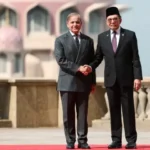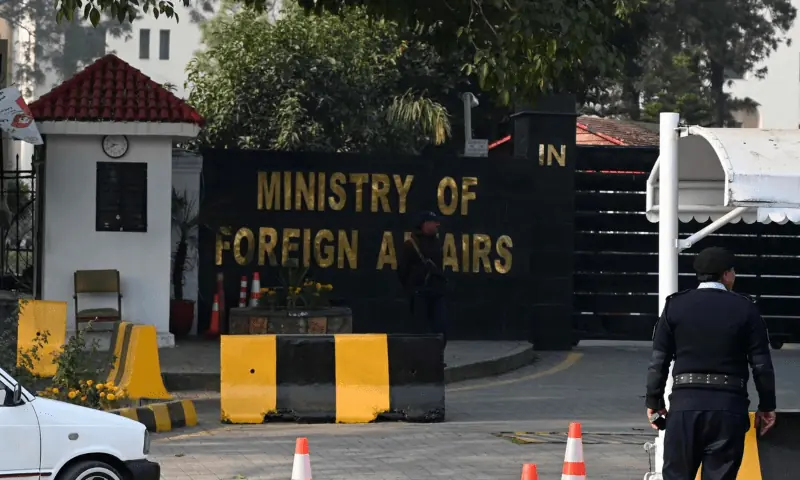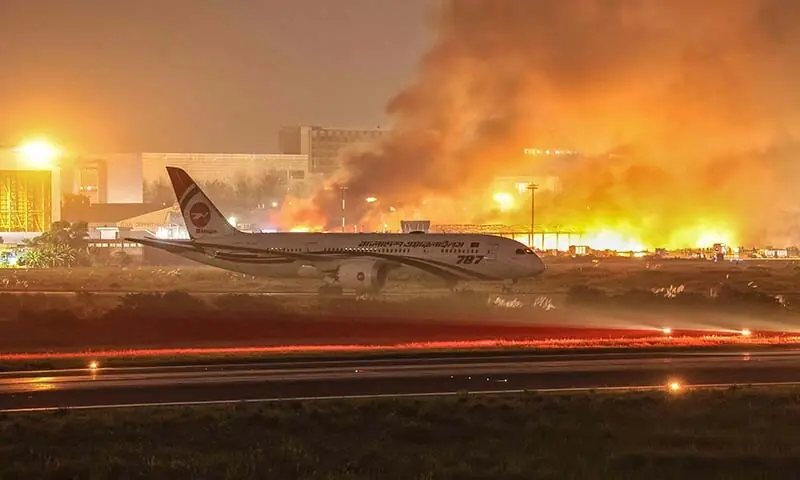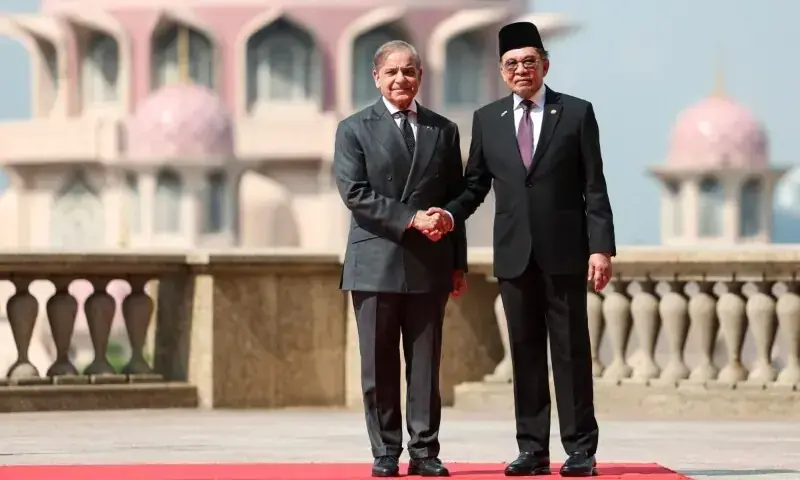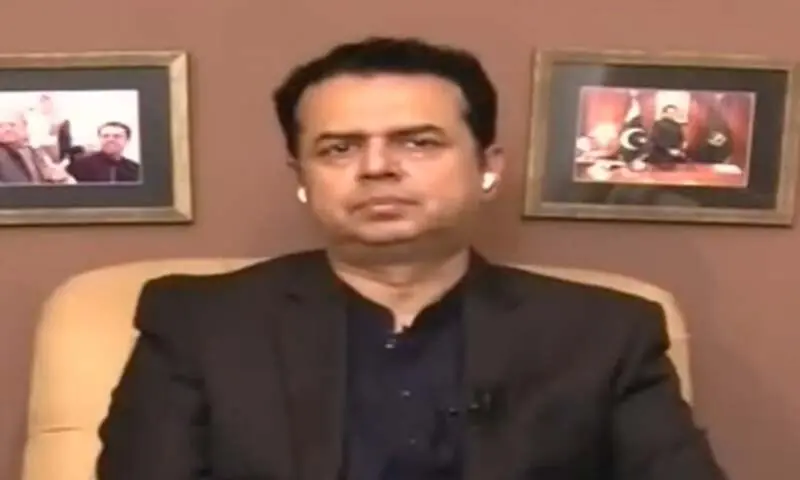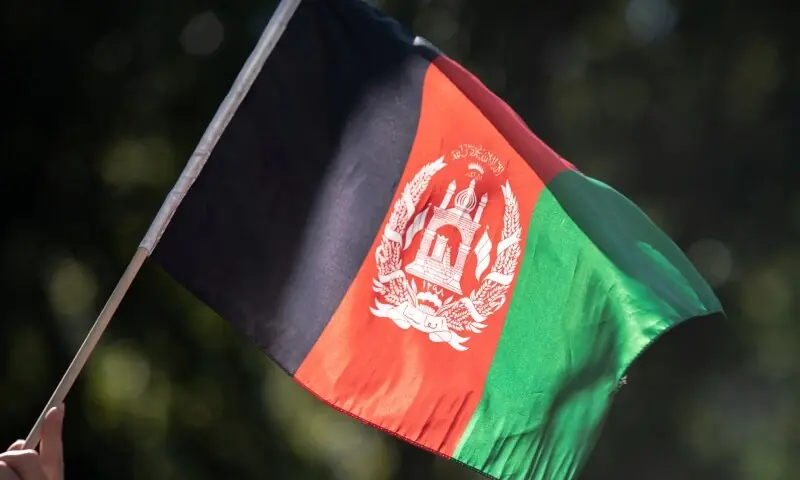Amid the ongoing hostilities with Afghanistan, the Ministry of Foreign Affairs (FO) on Saturday said that a high-level delegation from Pakistan, led by Defense Minister Khawaja Asif, would hold talks with a delegation from the neighboring country in Doha today.
“The talks will focus on immediate measures to end cross-border terrorism against Pakistan emanating from Afghanistan and restore peace and stability along the Pakistan-Afghanistan border,” he said.
“Pakistan does not seek escalation, but urges the Afghan Taliban authorities to honor their commitments to the international community and address Pakistan’s legitimate security concerns by taking verifiable measures against terrorist entities,” he said.
“Pakistan appreciates Qatar’s mediation efforts and hopes that these discussions will contribute to peace and stability in the region,” the FO said.
Previously, Zabiullah Mujahid, spokesman for the Taliban government, had also confirmed that talks between the two countries would be held in the capital of Qatar.
In a post on social media platform
Reports from Afghanistan suggest that the Taliban delegation would include the intelligence chief, Mullah Wasiq, in addition to the defense minister.
While there was no official word from the government or the military, security sources said Pakistan had again struck terror hideouts in Afghanistan on Friday. Incidents were reported in the Angoor Adda region and Afghan Urgun and Barmal districts of Paktika province, as security sources claimed that precision strikes were carried out on hideouts of the banned group Hafiz Gul Bahadur, reportedly killing dozens of fighters.
The attacks came on the heels of an attack on a military facility in North Waziristan, and just hours after Islamabad and Kabul extended a two-day ceasefire.
The Afghanistan Cricket Board (ACB) also said it would pull out of a three-nation T20I series scheduled to be held in Pakistan next month after alleging that three cricketers were killed in an attack.
The new exchanges on Friday night had cast a shadow over the ceasefire, which had been extended just hours earlier, as well as the talks planned in Doha.
“The ceasefire has been mutually extended by both Pakistan and Afghanistan until the end of talks in Doha, Qatar. Talks are ready to begin. [on Saturday]“said a security source on Friday afternoon at the conclusion of the initial 48-hour truce, which had been in effect since Wednesday.
The two-day ceasefire was largely observed without violations, but the dialogue initially agreed upon at the time of its announcement, intended to address what Pakistan’s Foreign Ministry described as a “complex but solvable issue,” did not take place during that period.
Earlier in the day, in his weekly press briefing, outgoing Foreign Ministry spokesperson Shafqat Ali Khan reiterated: “Afghanistan has become a central breeding ground for global terrorism.”
He warned the international community against complacency, adding: “We do not have to wait for a major global disaster to take corrective action. This fire will spread. It must be stopped.”
During the first phase of the truce, no bilateral initiative for talks emerged. However, Qatar, which along with Saudi Arabia had pressured both sides to end hostilities, offered to host their meeting in Doha. The talks, initially scheduled for Thursday or Friday, were postponed by a day due to logistical problems and the reluctance of Taliban leaders to participate, the sources said.


